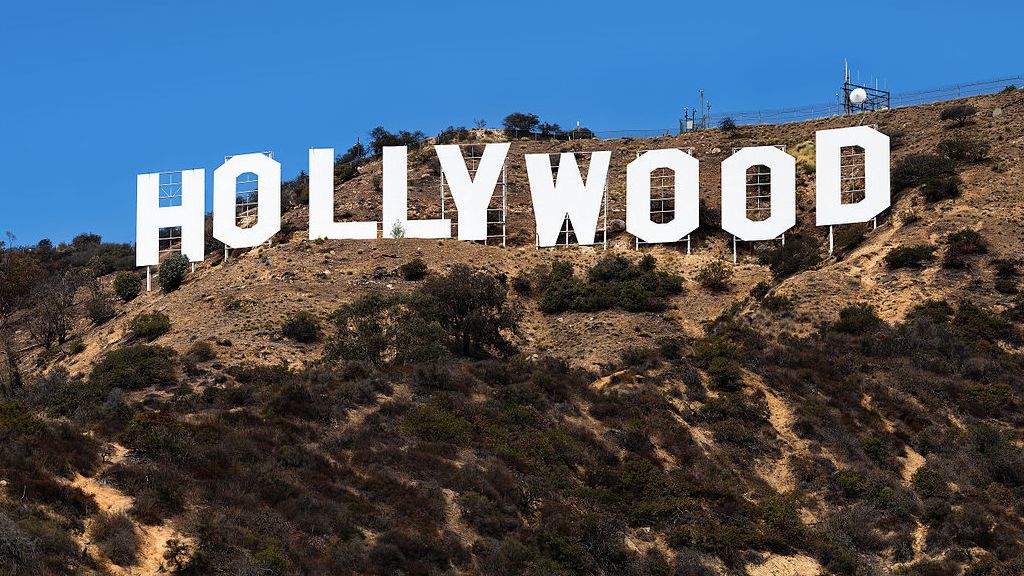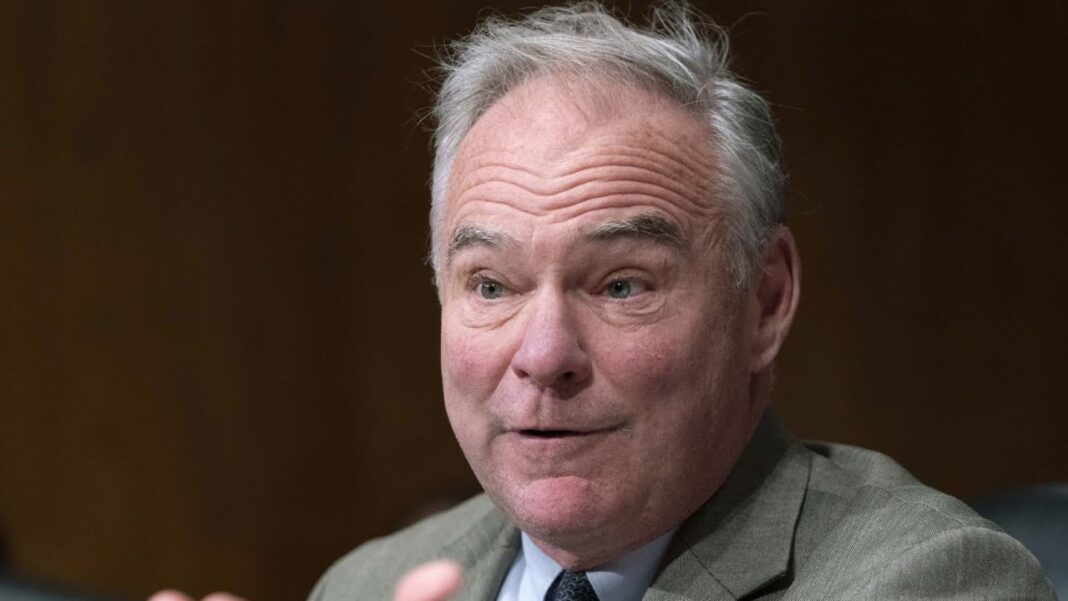The move aims to keep more film production in California. The newly increased program will continue through June 30, 2030.
More help for struggling Hollywood productions is on the way starting next month as a measure to increase California’s film and television tax credit budget from $330 million annually to $750 million was approved by state legislators June 27.
The increased tax credit program was included as a trailer bill added to the fiscal 2026 Budget Act, which passed June 13. Gov. Gavin Newsom is expected to sign the budget Friday after negotiations with legislative leaders wrap up.
Legislators continued to negotiate on details of the budget Friday before it goes into effect July 1.
In October, Newsom proposed a plan to expand the existing tax credit program to $750 million.
“California is the entertainment capital of the world, rooted in decades of creativity, innovation, and unparalleled talent,” Newsom said in October. “Expanding this program will help keep production here at home, generate thousands of good-paying jobs, and strengthen the vital link between our communities and the state’s iconic film and TV industry.”
The bill cleared the state Senate’s Revenue and Taxation Committee on Thursday, then passed in the Senate and Assembly on Friday.
The Legislature passed the first Motion Picture, Television, and Commercial Industries Act of 1984, creating the California Film Commission, which now operates the tax credit program.
The first program started in 2012 and allocated $100 million in credits, according to the Legislature.
In 2014, state lawmakers increased the program to $330 million each year. It was renewed three times and was set to end on June 30.
The program uses a “base 20 percent incentive,” which means the tax credit in California starts at 20 percent of a film producer’s in-state spending, up to a specified amount.
The California Film Commission can allocate credits to feature, miniseries productions, new television series productions, independent films, and TV pilots.
An array of productions are ineligible for the program, including animated films, commercials, public event programs, daytime dramas, documentaries, educational programming, music videos, talk shows, game shows, reality programming, and sexually explicit films.
The newly increased program will continue through June 30, 2030.








